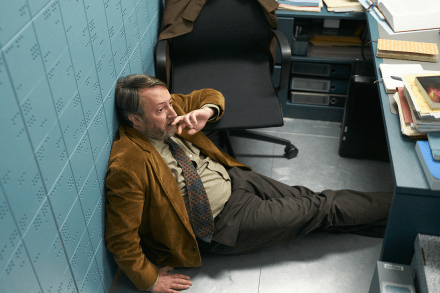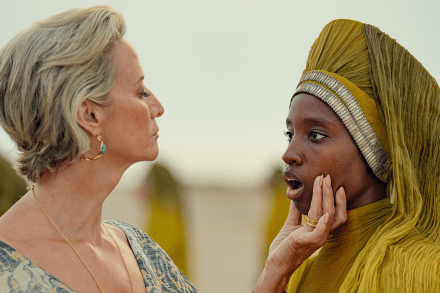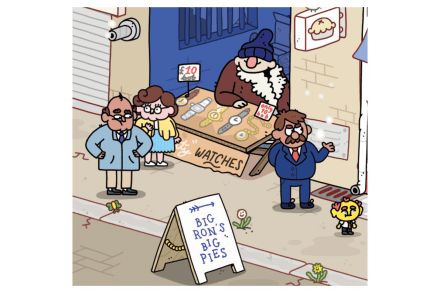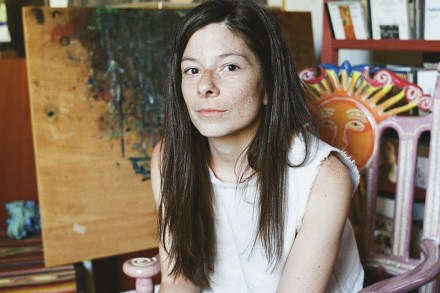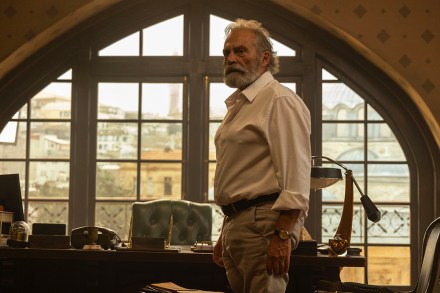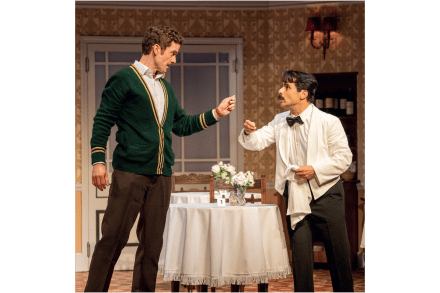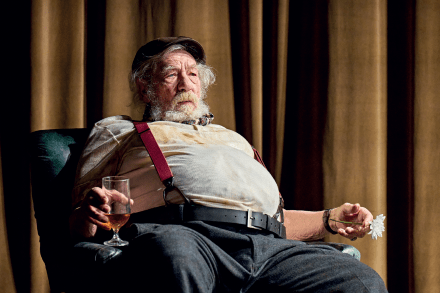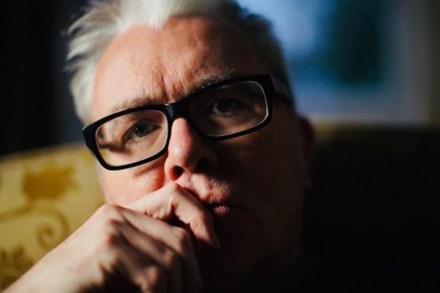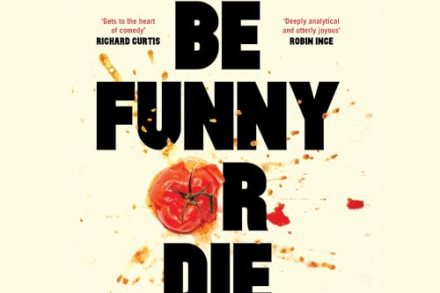Leavisites should stay away: Sky’s Bad Tidings reviewed
Reviewing Sky’s The Heist before Christmas last year, I suggested that all feature-length festive television dramas begin with credits announcing a starry cast and end with a redeemed protagonist gazing up at some suddenly falling snow. Reviewing Sky’s Bad Tidings this year, I can rather smugly report that there’s no need to revise my theory. But just in case that isn’t enough television tradition to be going on with, here we also get that other Yuletide stand-by: the characters’ plans for the big day go hideously wrong, yet they still end up having the Best Christmas Ever. Viewed pleasantly drunk, I concede, Bad Tidings might just hit the spot The


